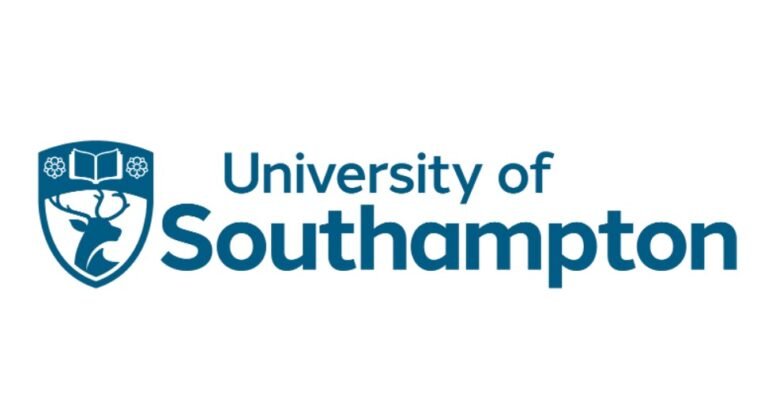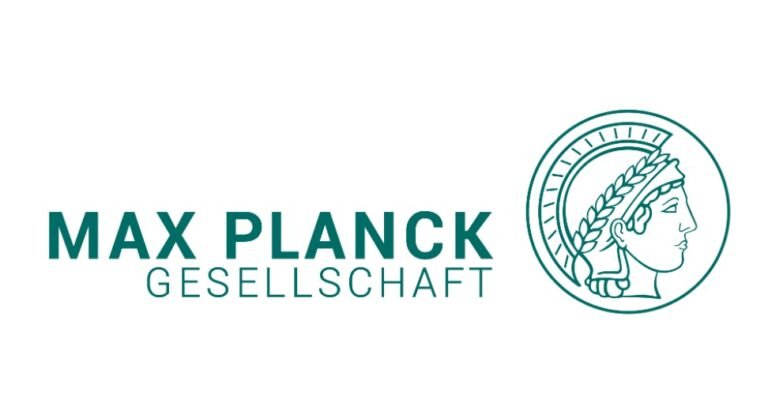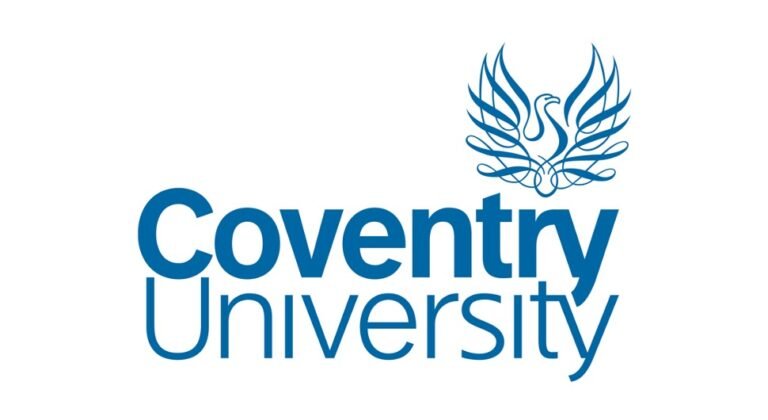About the project
This project aims to develop the lens of resilient industrial socio-metabolic relations – a conceptual framework that moves beyond functional understandings of inputs and outputs, to integrate lived experiences of benefits and harms – through an empirical focus on the nutri- and pharma- ceutical components of the UK chicken meat industry.
Food-systems thinking presents decision-makers, policymakers and food-leaders with barriers to understanding ethical relations at play in managing and preparing for crises. The food system is a complex space to safeguard – who or what should be looked after; who or what will consequentially be harmed? And yet, without interventions to strengthen resilience, the scale of harms could reach critical levels. How do industries, the State and communities work together to protect the vulnerable in the food system?
The project will address these questions in relation to the UK laying hen/egg food system. What are the risks for harms to human and more-than-human communities in the face of potential disruption in egg industry inputs (e.g. feed, chicks, medicines)? What are the outputs (waste, shell and liquid egg, chicken lives) and how and where is their management contributing to community, environmental resilience?
The PhD studentship will study this complexity to understand their form, the trade-offs that emerge and their impacts on human health, more-than-human communities and ecologies. It will study biotechnological and community-based interventions made in the name of ‘resilience’ to contemporary omni-crises. How can responses/interventions address those human and more-than-human communities, who are already made vulnerable, to build a more sustainable, inclusive, accessible food system?
The project straddles Animal Geographies, Animal Welfare Science, Food Geographies and Science and Technology Studies. The research will contribute to the empirical and theoretical development of the lens of socio-metabolic relations – a conceptual framework that moves beyond functional understandings of inputs and outputs, to integrate human and animal lived experiences of benefits and harms in food systems.
The fully-funded 3.5 year PhD is attached to the successful BBSRC/DEFRA/UKRI TRI SoMe Chicken awarded to Professor Emma Roe, and collaborators. It is a major project which aims to strengthen the resilience of the chicken meat industry, which currently meets 50% of all UK meat demand. The chicken industry is vulnerable to disruptions from international trading conditions and extreme weather. Given the central place of chicken in the nation’s diet, alongside vulnerabilities and public concern around chicken-welfare and chicken-waste polluting UK rivers, it is timely to consider these issues.
The PhD is a discrete but related project focused on the same species – chicken – but focused on the laying hen and egg industry, to offer a contrasting and comparative lens to findings in the main project.
TRI SoMe Chicken is an interdisciplinary UKRI/BBSRC/DEFRA-funded project, with co-investigators drawn from the academic institutions of Gloucestershire, City, Bristol as well as Southampton, along with industry collaborators The Applied Group and FAI. The larger project will forge a novel policy instrument of ethical principles for socio-economic transitions to UK food system resilience; the PhD will feed into this output.
As well as supervision from Prof Emma Roe, lead supervisor, (Professor in More-Than-Human Geographies, University of Southampton) you will also be supervised by:
- Prof Damian Maye (Professor of Agri-Food Studies, University of Gloucestershire)
- Dr Sarah Lambton (Senior Lecturer in Livestock Welfare and Innovation, University of Bristol)
Entry requirements
You must have a UK 2:1 honours degree or higher in Human Geography or relevant subject. Also interested in those with an animal welfare or veterinary background with an interest in developing a research career as a social scientist with interdisciplinary interests.
You can also have its international equivalent.
Fees and funding
The UK fees and stipend is funded by the School of Geography, University of Southampton in association with the BBSRC/DEFRA/UKRI funded research grant TRI SoMe Chicken. Towards Resilient Industrial Socio-Metabolic relations. A successful overseas candidate will need to demonstrate they can meet the additional cost in fees.
How to apply
You need to:
- choose programme type (Research), 2025/26, Faculty of Environmental and Life Sciences
- choose PhD Geography (full time)
- add your supervisor in section 2 of the form
Applications should include:
- a personal statement
- your CV (resumé)
- 2 academic references
- degree transcripts and certificates to date
Contact us
Faculty of Environmental and Life Sciences
If you have a general question, email our doctoral college: fels-pgr-apply@soton.ac.uk.
Project leader
For an initial conversation, please email Prof Emma Roe: e.j.roe@soton.ac.uk






